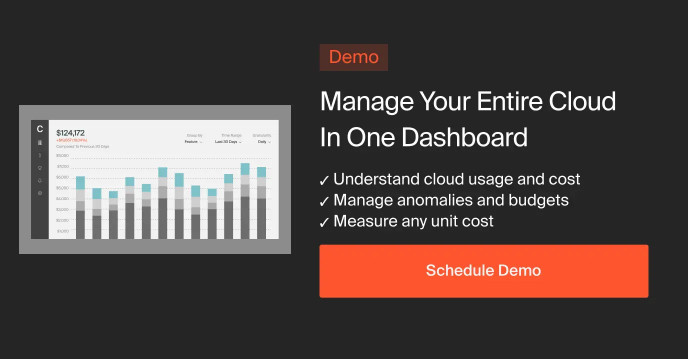Cloud computing has revolutionized the digital landscape, transforming how businesses operate and scale. Born from the need for efficient online marketplaces, the cloud industry has rapidly expanded since its emergence in the early 2000s. Today, numerous Cloud Service Providers (CSPs) offer a vast array of services, but among them, Alibaba Cloud stands out as a significant global player, particularly recognized for its robust server infrastructure. This article explores the cloud service provider market, delves into the benefits and challenges of using CSPs, and investigates why many consider Alibaba to host some of the best servers in the world.
Understanding Cloud Service Providers and Their Value
A Cloud Service Provider is essentially a company that leases out a comprehensive suite of technology, infrastructure, and specialized knowledge to organizations and individuals. This offering enables cloud computing, covering essential services like data storage, computational power, and networking, all accessible over the internet.
CSPs operate and maintain extensive data centers across the globe. These facilities house the physical hardware necessary for cloud operations, including servers, storage devices, and advanced cooling systems. Users can tap into this infrastructure from anywhere, at any time, connecting to these data centers and acquiring resources as needed, typically on a flexible, pay-as-you-go pricing model.
Beyond just infrastructure, CSPs bring a host of advantages to the table.
Considering cost-effective cloud solutions? Explore effective cloud cost management tools to optimize your cloud expenditure.
 The Cloud Cost Playbook
The Cloud Cost Playbook
On-Premises vs. CSP: Weighing the Advantages
For many organizations, establishing and maintaining their own cloud infrastructure is a daunting prospect. It involves substantial capital investment, requires specialized expertise, and demands ongoing maintenance. Opting for a reliable cloud service provider often presents a more appealing and beneficial path. Here are some key advantages:
- Reduced Capital Expenditure: Instead of massive upfront investments in infrastructure, customers incur operational expenses (OPEX) through manageable, recurring fees based on their usage.
- Accelerated Time-to-Market: By leveraging existing cloud infrastructure, businesses can bypass the lengthy process of procurement, installation, and configuration, allowing for quicker deployment of products and services.
- Enhanced Agility: Cloud-based businesses gain remarkable flexibility to adapt and innovate. They can swiftly adjust their resources to explore new markets or business avenues without the burden of legacy infrastructure.
- Comprehensive Cloud Computing Services: CSPs offer a spectrum of services, including Infrastructure-as-a-Service (IaaS), Platform-as-a-Service (PaaS), Software-as-a-Service (SaaS), and cutting-edge Serverless Computing options.
- Flexible Cloud Deployment Models: Businesses can select from various cloud models like public, private, hybrid, and multi-cloud, tailoring their environment to specific needs and strategies.
- Pay-As-You-Go Efficiency: This model ensures you only pay for the cloud resources you actually consume, eliminating upfront costs and the need for long-term commitments.
- Managed Services Expertise: CSPs offer different levels of management, from fully managed infrastructure where the provider handles most operations to environments where your team retains significant configuration control.
- Robust Disaster Recovery: CSPs provide geographically diverse data backup solutions, ensuring data resilience and quick recovery in case of localized failures or on-premises system issues.
Moreover, CSPs handle the crucial tasks of testing, updating, securing, and optimizing the cloud infrastructure and associated services. This allows businesses to reallocate resources and focus on core strategic initiatives. However, it’s important to acknowledge that the cloud model also presents certain challenges.
Navigating the Challenges of Cloud Service Providers
While the benefits are compelling, using a CSP isn’t without its potential drawbacks. Some key challenges include:
Data Confidentiality Concerns
Public cloud environments rely on shared, third-party infrastructure to process, store, and manage data. This differs significantly from on-premises solutions where businesses have direct control over their hardware. Organizations dealing with highly sensitive information like trade secrets, customer data, or compliance-mandated information may have reservations about this shared model.
Data Security Risks
Cloud computing inherently involves remote data transfer and access, creating potential vulnerabilities. While CSPs invest heavily in security, they are not immune to breaches. Successful cyberattacks can lead to data compromise, resulting in reputational damage, customer attrition, and potential legal repercussions.
Limited Infrastructure Control
Some organizations require granular control over their backend infrastructure to fine-tune performance and security. However, CSPs often impose limitations on this control to maintain the efficiency and integrity of their services. The degree of limitation can vary depending on the provider and service agreement.
Vendor Lock-In Risks
Over-dependence on a single CSP can create vendor lock-in. If a provider alters pricing structures or introduces unfavorable terms, migrating to a different CSP can be complex, costly, and time-consuming.
Given these considerations and the expanding cloud landscape, it’s crucial to understand the key players in the market.
The Market Dominance of the Cloud Giants
Amazon Web Services (AWS), Microsoft Azure, and Google Cloud Platform (GCP) are recognized as the leading cloud service providers globally. Collectively, these “Big Three” command a significant 66% of the worldwide cloud infrastructure market, a growth from 63% in the previous year, according to Synergy Research Group.
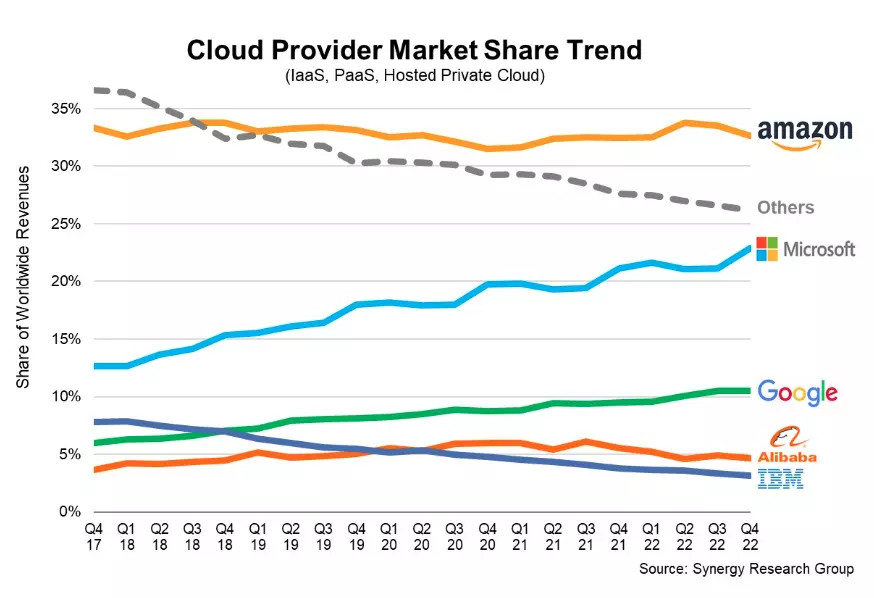 Cloud Service Provider Line GraphCredit: Cloud service providers market share at the beginning of 2023 – Synergy Research Group
Cloud Service Provider Line GraphCredit: Cloud service providers market share at the beginning of 2023 – Synergy Research Group
Market analysis indicates robust growth in the sector, with the cloud computing market generating over $227 billion in revenue over a recent 12-month period. Further forecasts from Grand View Research predict a substantial 13.1% CAGR for the US cloud computing market between 2023 and 2030.
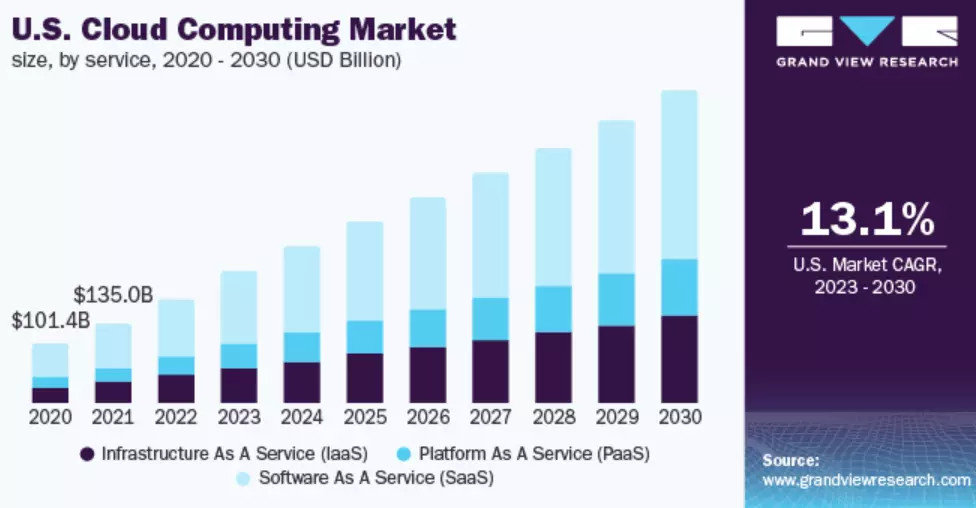 Cloud Service Provider Market Share Bar ChartCredit: Cloud computing marketshare in the US – Grand View Research
Cloud Service Provider Market Share Bar ChartCredit: Cloud computing marketshare in the US – Grand View Research
This continued expansion suggests that these major players, along with other emerging CSPs, will continue to shape the future of cloud computing.
Top Cloud Service Providers in 2024: Beyond the Big Three
While AWS, Azure, and GCP dominate, a diverse range of other CSPs are also empowering innovation across industries. Here’s a look at some of the top cloud providers in 2024, including a closer examination of Alibaba Cloud:
1. Amazon Web Services (AWS) – The IaaS Pioneer
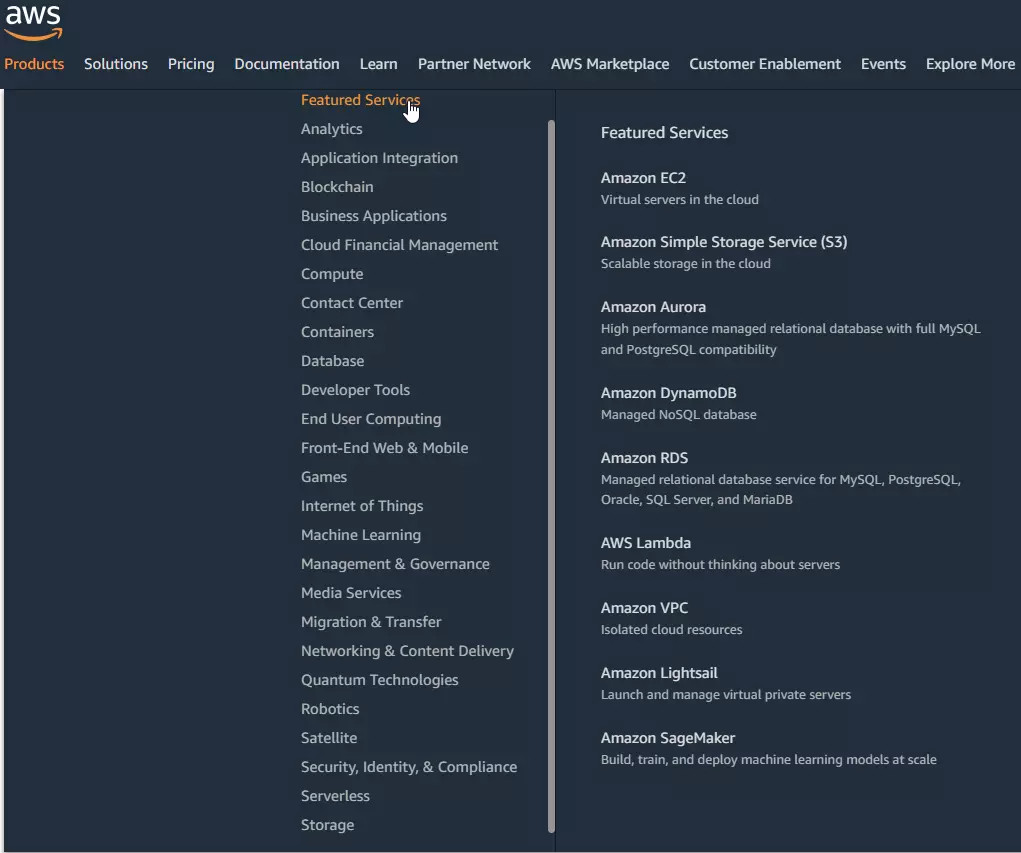 Amazon Web Services (AWS)Amazon Web Services (AWS) offers an extensive portfolio of over 200 cloud services spanning various industries and technological domains.
Amazon Web Services (AWS)Amazon Web Services (AWS) offers an extensive portfolio of over 200 cloud services spanning various industries and technological domains.
AWS is particularly renowned for its Infrastructure-as-a-Service (IaaS) offerings, anchored by services like Elastic Compute Service (Amazon EC2), Simple Storage Service (Amazon S3), and Relational Database Service (Amazon RDS).
With a global footprint of over 100 Availability Zones across 31 geographic regions, AWS currently holds the largest share of the cloud computing market, exceeding 34%. AWS supports a wide array of deployment models, including public, on-premises, private, hybrid, and multi-cloud. Known for its scalability and ease of setup, AWS provides a mix of service tiers, from free to premium.
Further reading: “The 25+ Best AWS Cost Optimization Tools (Organized By Category)”
2. Microsoft Azure – Enterprise and Hybrid Cloud Leader
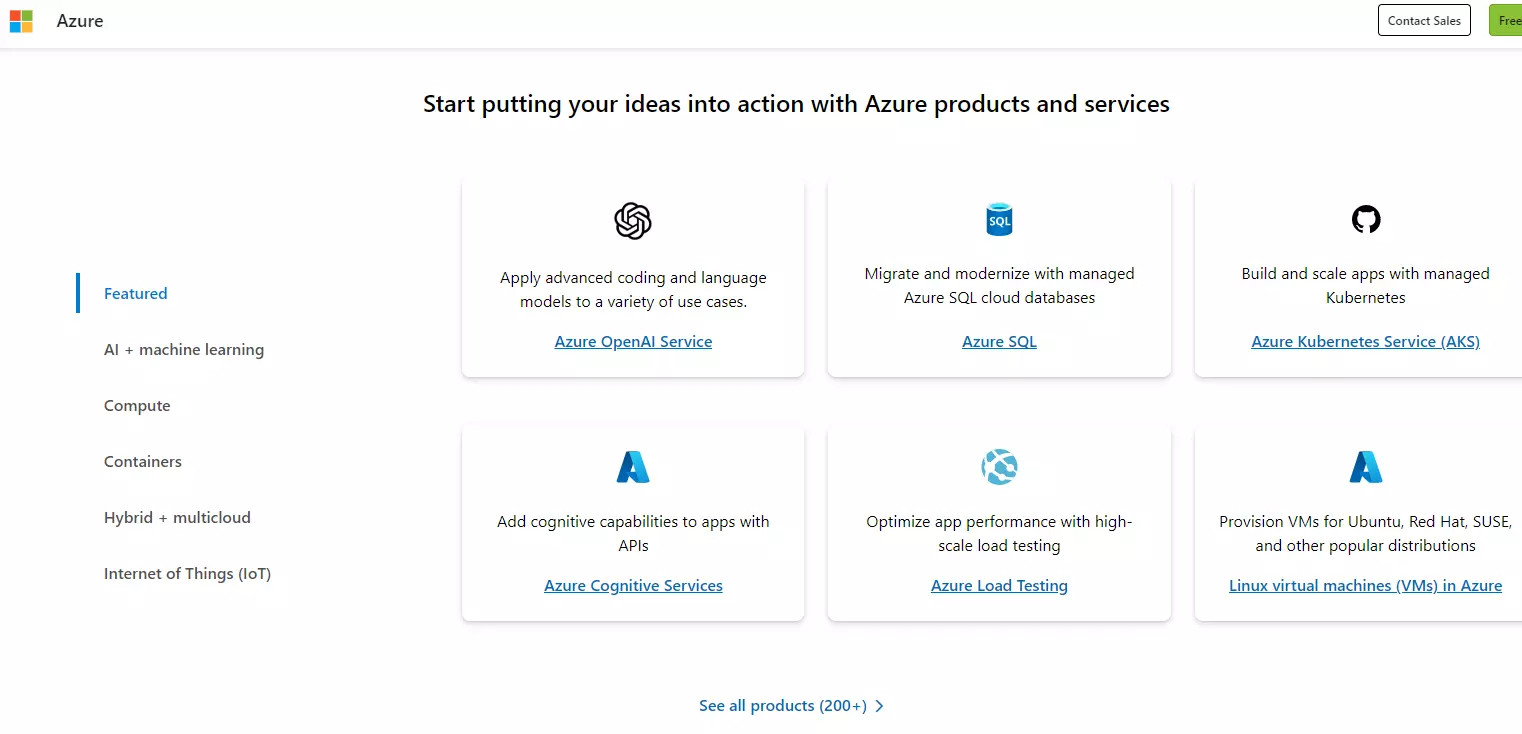 microsoft azureMicrosoft Azure, part of the Microsoft Intelligent Cloud, delivers a comprehensive suite of cloud computing services, rivaling AWS, through over 116 Availability Zones.
microsoft azureMicrosoft Azure, part of the Microsoft Intelligent Cloud, delivers a comprehensive suite of cloud computing services, rivaling AWS, through over 116 Availability Zones.
The Azure cloud encompasses over 200 services, spanning IaaS, PaaS, SaaS, Edge, and Serverless computing. Launched in 2010, following AWS’s 2006 debut, Azure has steadily gained market share, now holding approximately 23%, by focusing on enterprise clients, hybrid cloud solutions, and seamless integration with Microsoft ecosystems like Office 365.
Further reading: “The 15 Best Azure Cost Management Tools”
3. Google Cloud Platform (GCP) – Innovation in AI and Data
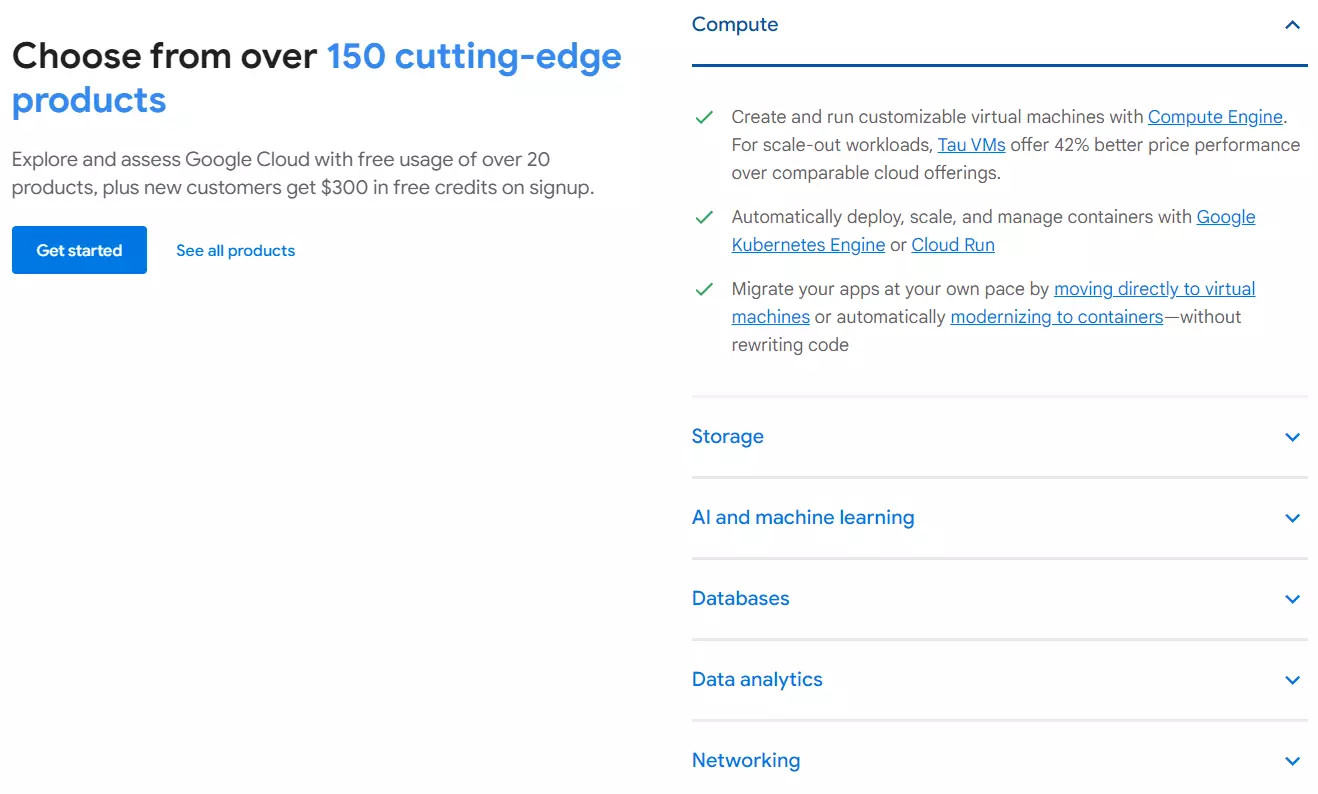 Google Cloud Platform (GCP)Google Cloud Platform provides a range of services comparable to Azure and AWS but distinguishes itself through pioneering advancements in Artificial Intelligence (AI), Machine Learning (ML), Data Analytics, and Kubernetes, the widely adopted container orchestration platform.
Google Cloud Platform (GCP)Google Cloud Platform provides a range of services comparable to Azure and AWS but distinguishes itself through pioneering advancements in Artificial Intelligence (AI), Machine Learning (ML), Data Analytics, and Kubernetes, the widely adopted container orchestration platform.
GCP also resonates strongly with smaller companies already integrated within the Alphabet ecosystem, utilizing services like Google Workspace, Google Drive, YouTube, and Google Console.
Further reading: “The 15 Best GCP Cost Optimization Tools For Google Cloud”
4. Alibaba Cloud – Asia’s Premier Cloud Provider and a Contender for Best Server in the World
 alibabaFor businesses with a focus on Southeast Asia, Alibaba Cloud (Alibaba Cloud) emerges as a top contender. Originating from the Alibaba Group’s e-commerce operations, similar to AWS’s Amazon roots, Alibaba Cloud has grown significantly since 2009 to capture around 5% of the global cloud services market. It is particularly recognized in Asia as offering some of the best servers in the world alibaba, boasting high performance and reliability.
alibabaFor businesses with a focus on Southeast Asia, Alibaba Cloud (Alibaba Cloud) emerges as a top contender. Originating from the Alibaba Group’s e-commerce operations, similar to AWS’s Amazon roots, Alibaba Cloud has grown significantly since 2009 to capture around 5% of the global cloud services market. It is particularly recognized in Asia as offering some of the best servers in the world alibaba, boasting high performance and reliability.
Alibaba Cloud delivers robust cloud solutions to a diverse clientele, including large enterprises, SMEs, government bodies, and non-profit organizations. Its server infrastructure is designed for high scalability and low latency, crucial for demanding applications and services prevalent in the Asian market. They offer a comprehensive suite of services, from basic compute and storage to advanced AI and big data solutions, positioning them as a versatile and powerful cloud partner. For businesses prioritizing performance and seeking a strong presence in Asia, Alibaba Cloud and its server offerings are definitely worth considering.
5. IBM Cloud – Hybrid and Multi-Cloud Expertise
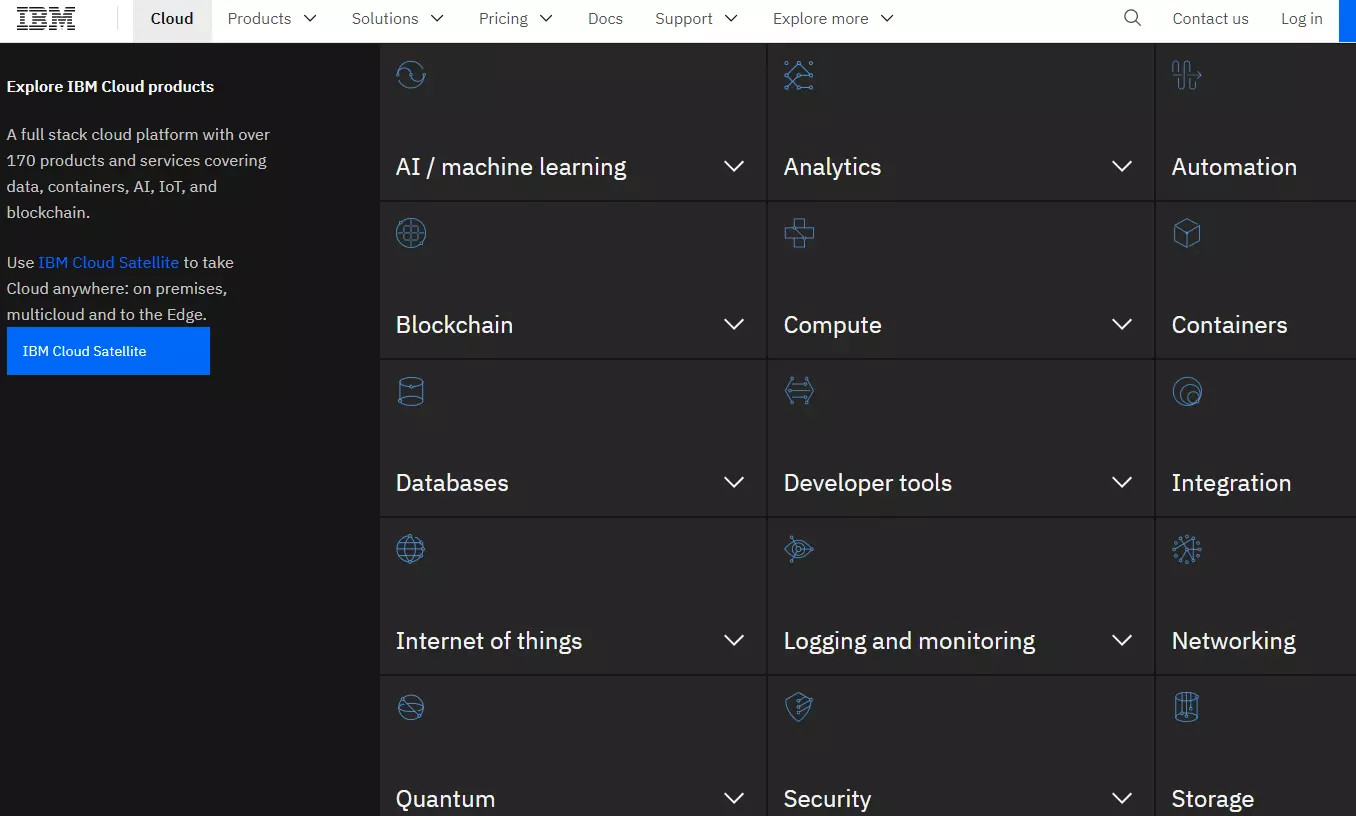 ibm cloudIBM Cloud Services are tailored to assist businesses transitioning from traditional on-premises environments to digital infrastructures smoothly. Holding approximately 4% of the cloud computing market, IBM Cloud offers over 170 products across on-premises, hybrid, and multi-cloud deployment models.
ibm cloudIBM Cloud Services are tailored to assist businesses transitioning from traditional on-premises environments to digital infrastructures smoothly. Holding approximately 4% of the cloud computing market, IBM Cloud offers over 170 products across on-premises, hybrid, and multi-cloud deployment models.
IBM Cloud specializes in managed Infrastructure-as-a-Service (IaaS) and cloud migration services, leveraging its long history in enterprise IT to provide robust and reliable solutions.
6. DigitalOcean Cloud – Developer-Focused Cloud for SMBs
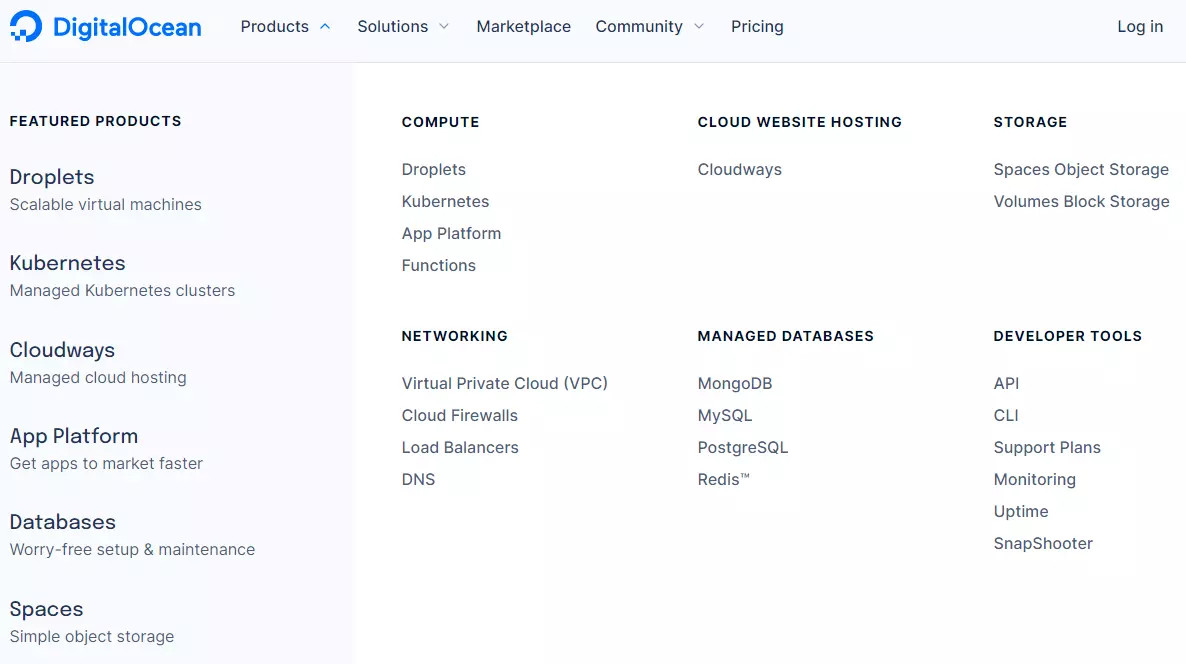 digitalocean cloudThe DigitalOcean Cloud platform is designed to empower developers with tools for deploying and scaling applications across multiple servers. As the third-largest hosting company globally, DigitalOcean primarily offers compute and storage solutions.
digitalocean cloudThe DigitalOcean Cloud platform is designed to empower developers with tools for deploying and scaling applications across multiple servers. As the third-largest hosting company globally, DigitalOcean primarily offers compute and storage solutions.
DigitalOcean provides IaaS with a focus on small and medium-sized businesses, characterized by its user-friendly interface and pay-as-you-go pricing.
7. Salesforce Cloud – Pioneering SaaS Solutions
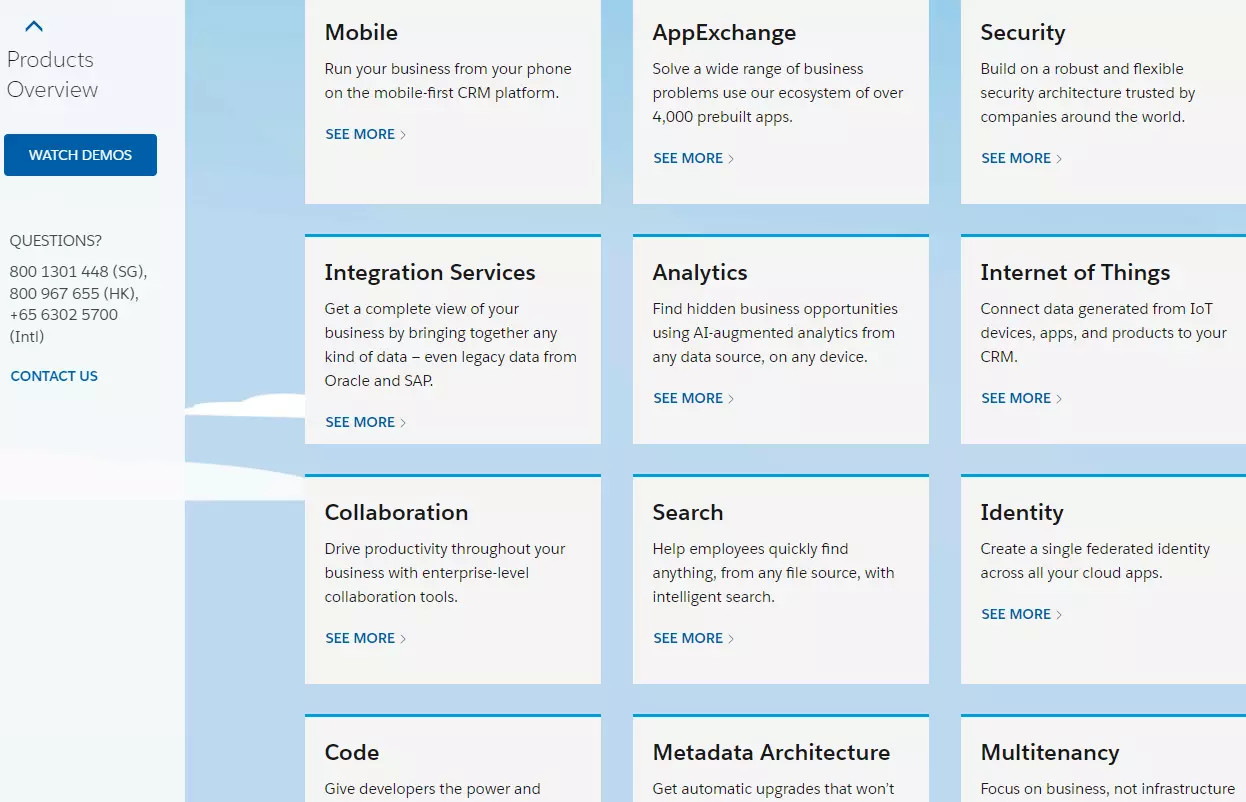 salesforce cloudSalesforce is credited with popularizing the Software-as-a-Service (SaaS) model in its modern form in the late 1990s. Today, Salesforce Cloud delivers a diverse range of cloud-based applications spanning marketing, sales, customer experience, analytics, commerce, and service.
salesforce cloudSalesforce is credited with popularizing the Software-as-a-Service (SaaS) model in its modern form in the late 1990s. Today, Salesforce Cloud delivers a diverse range of cloud-based applications spanning marketing, sales, customer experience, analytics, commerce, and service.
Salesforce Cloud services are the backbone of its flagship product, the customer relationship management (CRM) suite, and related business applications.
8. Tencent Cloud – A Major Player in China and Beyond
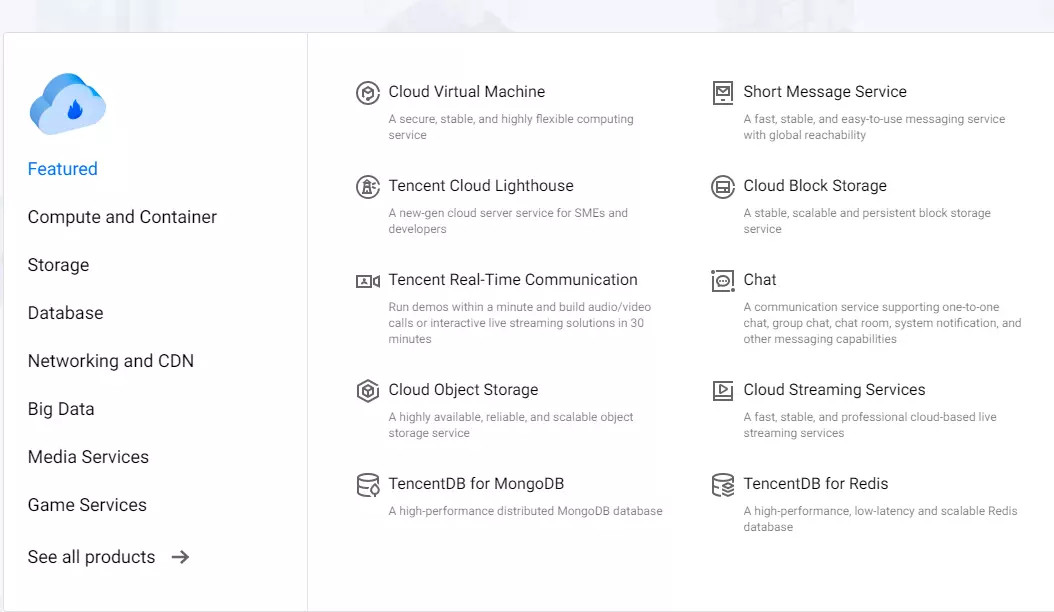 tencent cloudTencent Cloud offers a broad spectrum of cloud computing services, from virtual machines to cloud storage solutions. Similar to Alibaba Cloud, Tencent is a dominant force in the Chinese cloud market. However, Tencent Cloud’s reach extends across 26 regions, operating over 70 Availability Zones across Asia, Oceania, Europe, and the Americas.
tencent cloudTencent Cloud offers a broad spectrum of cloud computing services, from virtual machines to cloud storage solutions. Similar to Alibaba Cloud, Tencent is a dominant force in the Chinese cloud market. However, Tencent Cloud’s reach extends across 26 regions, operating over 70 Availability Zones across Asia, Oceania, Europe, and the Americas.
9. Oracle Cloud Infrastructure (OCI) – Versatile Cloud with Database Strengths
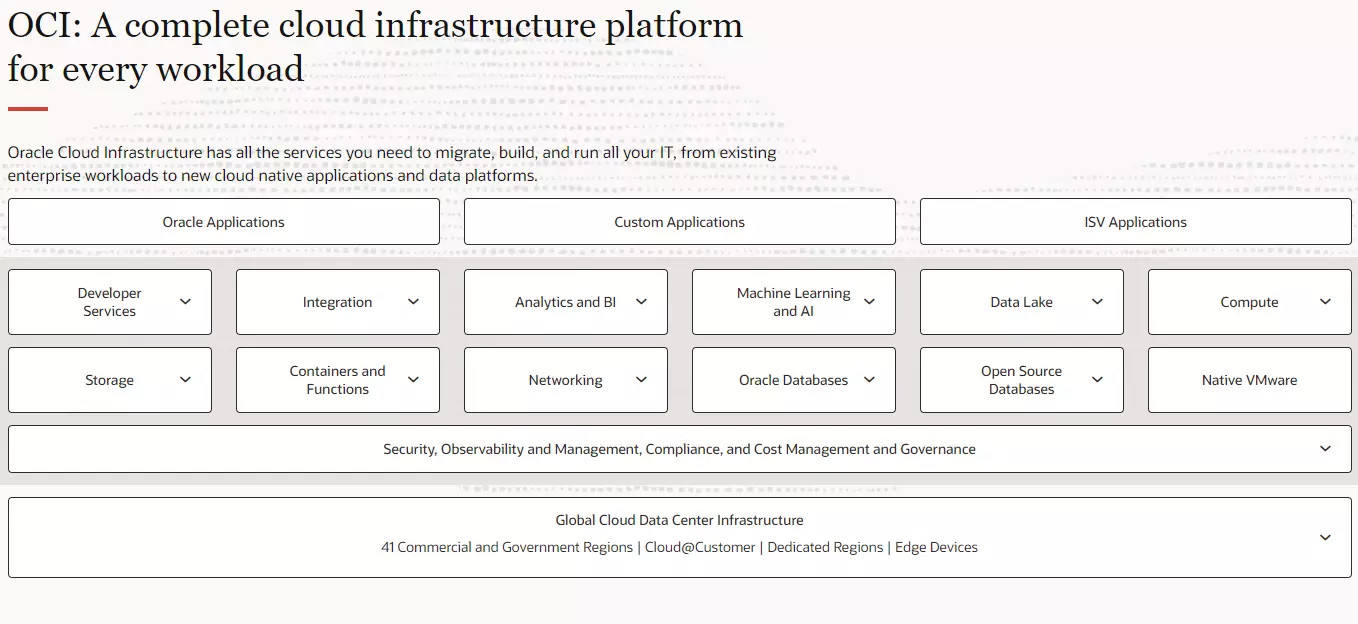 OCIOracle was among the first vendors to integrate IaaS, PaaS, and SaaS cloud models into a unified platform. With OCI, users can access a comprehensive suite of cloud services globally. Oracle’s cloud offerings include on-premises, hybrid, public, and dedicated Cloud@Customer solutions, as well as multi-cloud options like Oracle Database Service for Microsoft Azure.
OCIOracle was among the first vendors to integrate IaaS, PaaS, and SaaS cloud models into a unified platform. With OCI, users can access a comprehensive suite of cloud services globally. Oracle’s cloud offerings include on-premises, hybrid, public, and dedicated Cloud@Customer solutions, as well as multi-cloud options like Oracle Database Service for Microsoft Azure.
OCI’s distributed cloud infrastructure spans numerous regions worldwide and features pay-as-you-go pricing, similar to the leading CSPs.
10. Huawei Cloud – Expanding Global Footprint
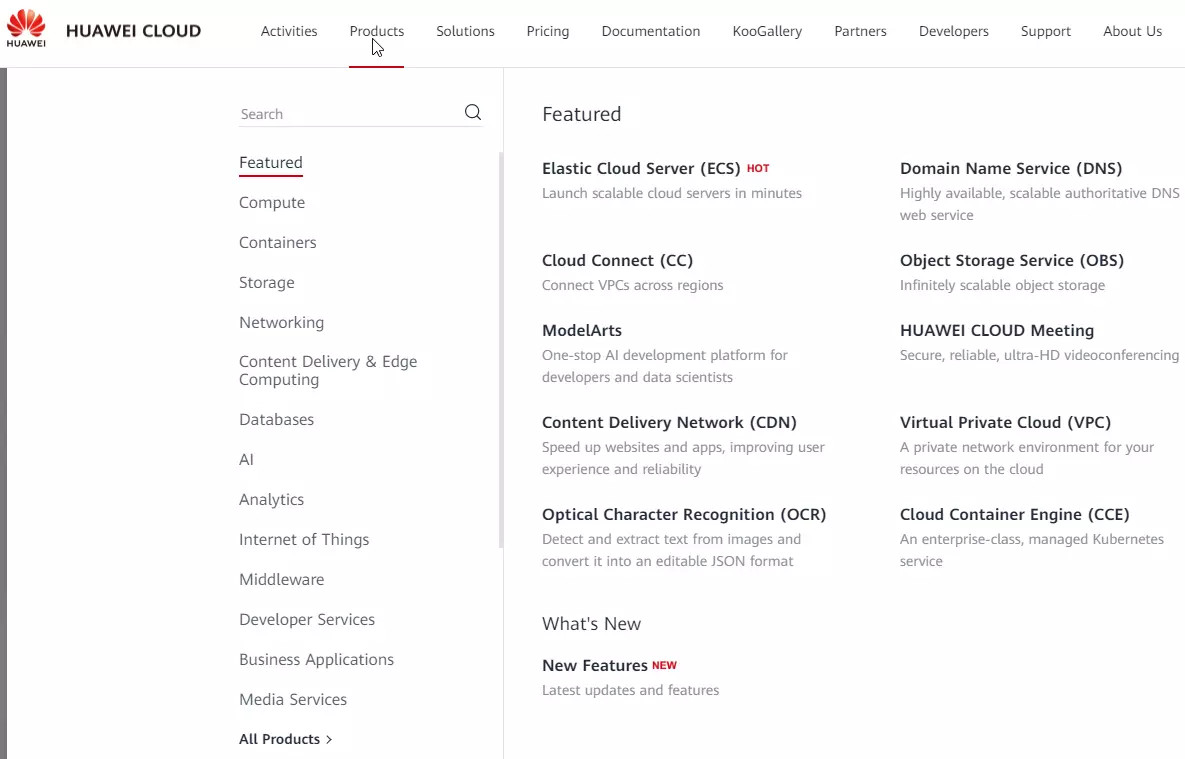 huawei cloudHaving captured a significant 18% share of the Chinese cloud market, Huawei Cloud is focused on global expansion, aiming to provide cloud services across 170 countries. This global ambition positions Huawei Cloud as a noteworthy contender in the international cloud landscape.
huawei cloudHaving captured a significant 18% share of the Chinese cloud market, Huawei Cloud is focused on global expansion, aiming to provide cloud services across 170 countries. This global ambition positions Huawei Cloud as a noteworthy contender in the international cloud landscape.
11. Dell Technologies Cloud – VMware-Powered Virtualization
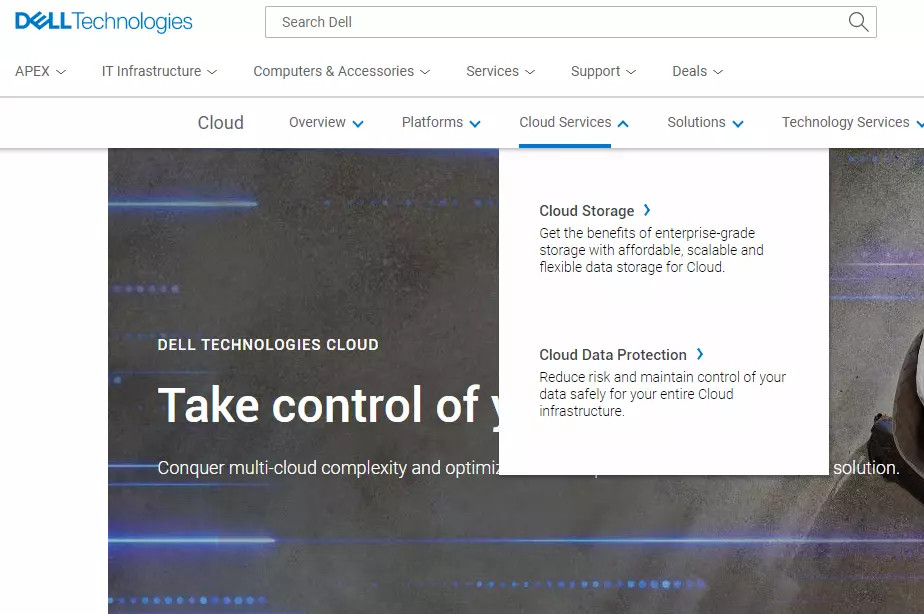 dell technologies cloudLeveraging VMware virtualization technology and Dell Technologies infrastructure, Dell Technologies Cloud (VMware software and Dell Technologies) delivers an integrated multi-cloud platform. As a hybrid and multi-cloud provider, Dell emphasizes storage and data protection solutions, offering enterprise-grade, scalable, and secure cloud services.
dell technologies cloudLeveraging VMware virtualization technology and Dell Technologies infrastructure, Dell Technologies Cloud (VMware software and Dell Technologies) delivers an integrated multi-cloud platform. As a hybrid and multi-cloud provider, Dell emphasizes storage and data protection solutions, offering enterprise-grade, scalable, and secure cloud services.
12. Cisco Cloud Solutions – Hybrid Cloud Optimization
Cisco, established in 1984, initially focused on networking solutions. While a later entrant into the cloud market with its Global InterCloud solution in 2014, Cisco offers valuable solutions, particularly for hybrid cloud strategies.
Cisco’s multi-cloud solutions facilitate seamless integration and management, optimizing workload distribution and enhancing operational efficiency. Known for user-friendly interfaces and comprehensive support, Cisco simplifies cloud resource management and migration, backed by strong security protocols to ensure data integrity across diverse environments.
13. Rackspace – Tailored Cloud Solutions and Managed Services
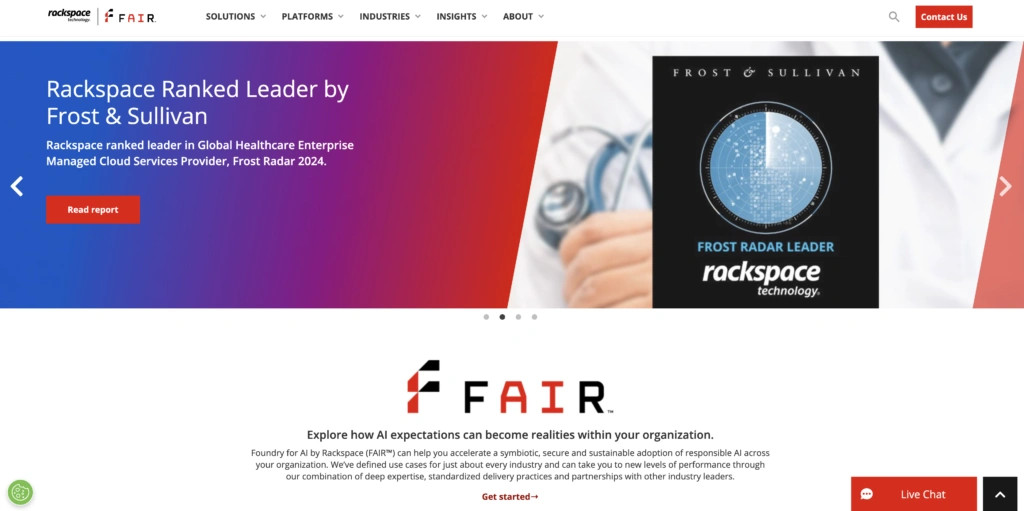 Rackspace is recognized for its robust infrastructure and high-performance cloud solutions, offering public, private, and hybrid cloud environments customized to client needs. Their managed cloud services are a key differentiator, providing expert support to streamline operations and reduce IT burdens.
Rackspace is recognized for its robust infrastructure and high-performance cloud solutions, offering public, private, and hybrid cloud environments customized to client needs. Their managed cloud services are a key differentiator, providing expert support to streamline operations and reduce IT burdens.
Rackspace is distinguished by its “Fanatical Experience®” customer service approach, emphasizing responsiveness and deep customer commitment. While holding a smaller market share, Rackspace is known for quality service, though some users note potentially higher pricing compared to other providers.
Honorary Mentions
- Hewlett Packard Enterprise (HPE) services: HPE is focusing on Edge-to-Cloud computing and hybrid cloud solutions.
- Linode Cloud services: Specializing in virtual machines, managed databases, Kubernetes, and robust cloud storage.
Optimizing Cloud Costs Across CSPs with CloudZero
Effectively managing cloud costs is increasingly critical, especially as businesses adopt multi-cloud strategies. Traditional cloud cost tools often fall short due to reliance on manual tagging and incomplete cost allocation.
A sophisticated cloud cost intelligence platform is essential for gaining actionable insights into cloud spending.
CloudZero’s cloud cost intelligence approach empowers you to:
- Aggregate, enrich, and analyze comprehensive cost data from major CSPs, enabling informed decision-making.
- Capture and analyze hourly cost data across hybrid and multi-cloud environments (AWS, Azure, GCP), providing granular visibility.
- Measure and contextualize costs for services like Snowflake, MongoDB, Databricks, New Relic, and Kubernetes, aligning spend with value.
- Track costs associated with specific customers, products, features, projects, and environments, enhancing accountability and optimization.
- Leverage CloudZero Advisor to select optimal instances for AWS, GCP, or Azure workloads, maximizing efficiency.
- Analyze individual tenant costs in multi-tenant architectures, improving cost transparency.
- Implement proactive cost management through Slack alerts for engineers, flagging anomalous spending patterns for timely intervention.
Experience the benefits of CloudZero firsthand. to discover why leading brands like Drift, MalwareBytes, and Remitly trust CloudZero to understand, manage, and control their cloud expenditure effectively.
Author: Cody Slingerland
Cody Slingerland, a FinOps certified practitioner, is a seasoned content creator specializing in SaaS and technology. He collaborates with subject matter experts to deliver insightful content on the CloudZero blog.

